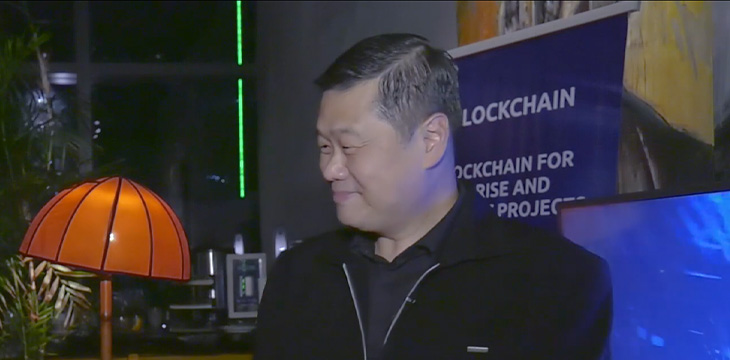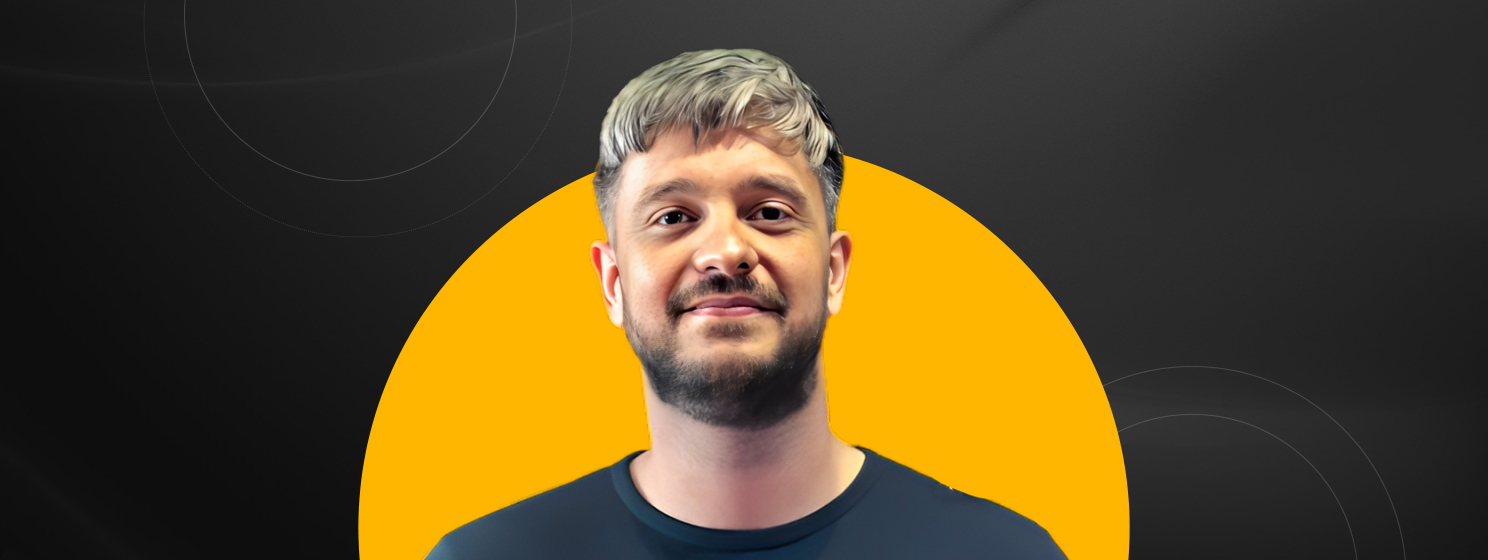
|
Getting your Trinity Audio player ready... |
When Axie Infinity launched, millions of Filipinos set up their Web3 wallets and started playing, and the country quickly became the biggest hub for the play-to-earn game. This was without any government initiatives to teach about Web3 or any push from regulators. For Dito CME Chief Operating Officer Donald Lim, this proves that the Philippines has everything it takes to become the blockchain capital of Asia.
Speaking to CoinGeek’s Claire Celdran on the sidelines of the inaugural BSV Blockchain Meetup in Manila, Lim pointed out that the Philippines has recorded numbers that prove it’s the leader in Web3 in Asia.
“Look at all the numbers. We could really position ourselves as the blockchain capital of Asia. Think about it—100 million population which is very young and tech-savvy. For example, when Axie launched here, you saw everyone just start creating their MetaMask wallets and play; we didn’t even have to teach them,” Lim stated.
“[The time] is very ripe for the next generation to really take ownership of the blockchain revolution. We just have to push the right buttons,” he added.
The fast adoption presents new risks, however. Lim believes regulators must police the market to ensure that scammers don’t get a foothold. Investors must also be educated so that they don’t end up “blindly investing and then experiencing rug pulls, [and ultimately] losing all their money.”
Dito is one of the organizers of the upcoming Philippine Blockchain Week, which kicks off on November 28.
Lim noted that his research indicated that the Philippines was the only major player in the blockchain industry without its dedicated blockchain week, falling behind peers such as South Korea and Singapore. He expects thousands of attendees and representatives from the hundreds of Web3, blockchain, metaverse, and digital asset firms based in, and serving, the Philippines.
As he has previously stated, the event “is for everyone who wants to immerse themselves in Web3. We want to show how this technology is inclusive and beneficial to all.”
“[We want] the industry to see just how massive the Philippine ecosystem really is. We believe we can make our mark in Asia as the capital of blockchain,” Lim told CoinGeek.
Dito CME is a major information technology service provider in the Philippines. As Lim revealed, it’s been targeting breaking into telecommunications, an industry that’s dominated by just two players in the Philippines.
“We believe there’s an opportunity for a third player to come in. […] Our first belief is that internet can be faster and more affordable,” he stated.
Lim believes there’s a great opportunity for the telecom industry to integrate blockchain.
“[What we’re hoping for] is that every industry will learn how to use and maximize it so that they can use it to further their business. I’m calling it ‘building on the principles of blockchain,’” Lim said.
Lim has long held that the Philippines has what it takes to dominate the new world of Web3. In September, the Dito COO stated, “The Philippines has the numbers to become a blockchain hub. Our population is at 110 million, with a median age of 25. We also have the highest Internet penetration, and the highest NFT penetration rate of a digital population.”
The country is also home to a thriving digital asset industry. According to Chainalysis, the Philippines ranks second globally for adoption, just below its neighbor Vietnam. Fellow Southeast Asian countries Malaysia and Indonesia also ranked in the top 20, proving that the region is the world’s blockchain epicenter.
Watch: Philippine Fintech Festival Highlights: Designing a digital economy that’s anti-fragile

 11-22-2024
11-22-2024


